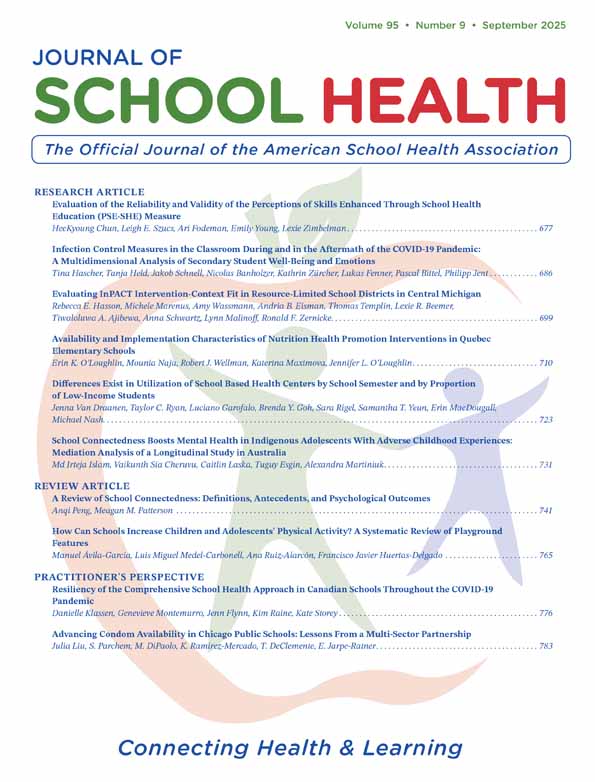Prenatal Education for Pregnant Adolescents
Teen Pregnancy Service is funded by a grant from the Office of Adolescent Pregnancy Programs, US Dept. of Health and Human Services and a Maternal Child Health Block Grant through the Wisconsin Division of Health (Project number E2007).
Abstract
ABSTRACT: Providing services to pregnant adolescents poses a unique challenge for health professionals. Several programs have emerged tailored specifically to this special population. Prenatal education is an integral component of these programs. This paper describes prenatal education classes offered at Teen Pregnancy Service, including special modifications required to meet the learning needs of participants. Outcome data provided for 66 pregnant teens show significant changes in prenatal knowledge following the class series. Information is included about the teens' backgrounds, their perceptions regarding potential problems infants may experience, and how they remembered being reared by their parents.




